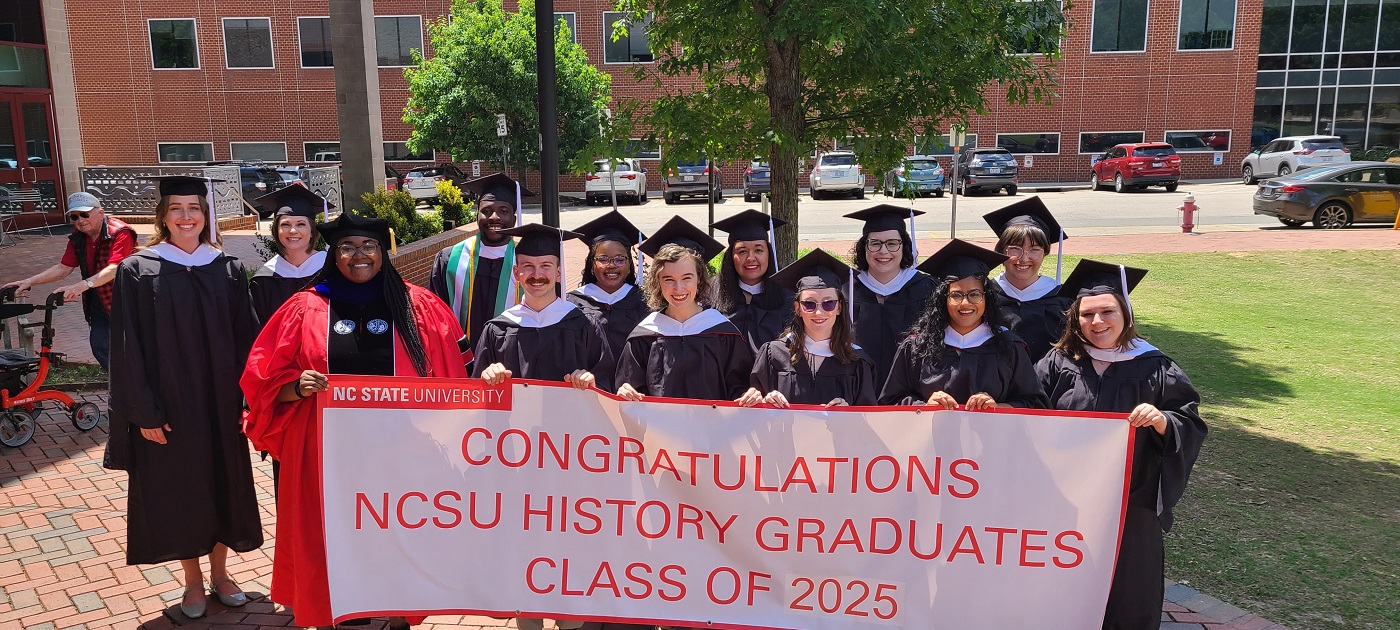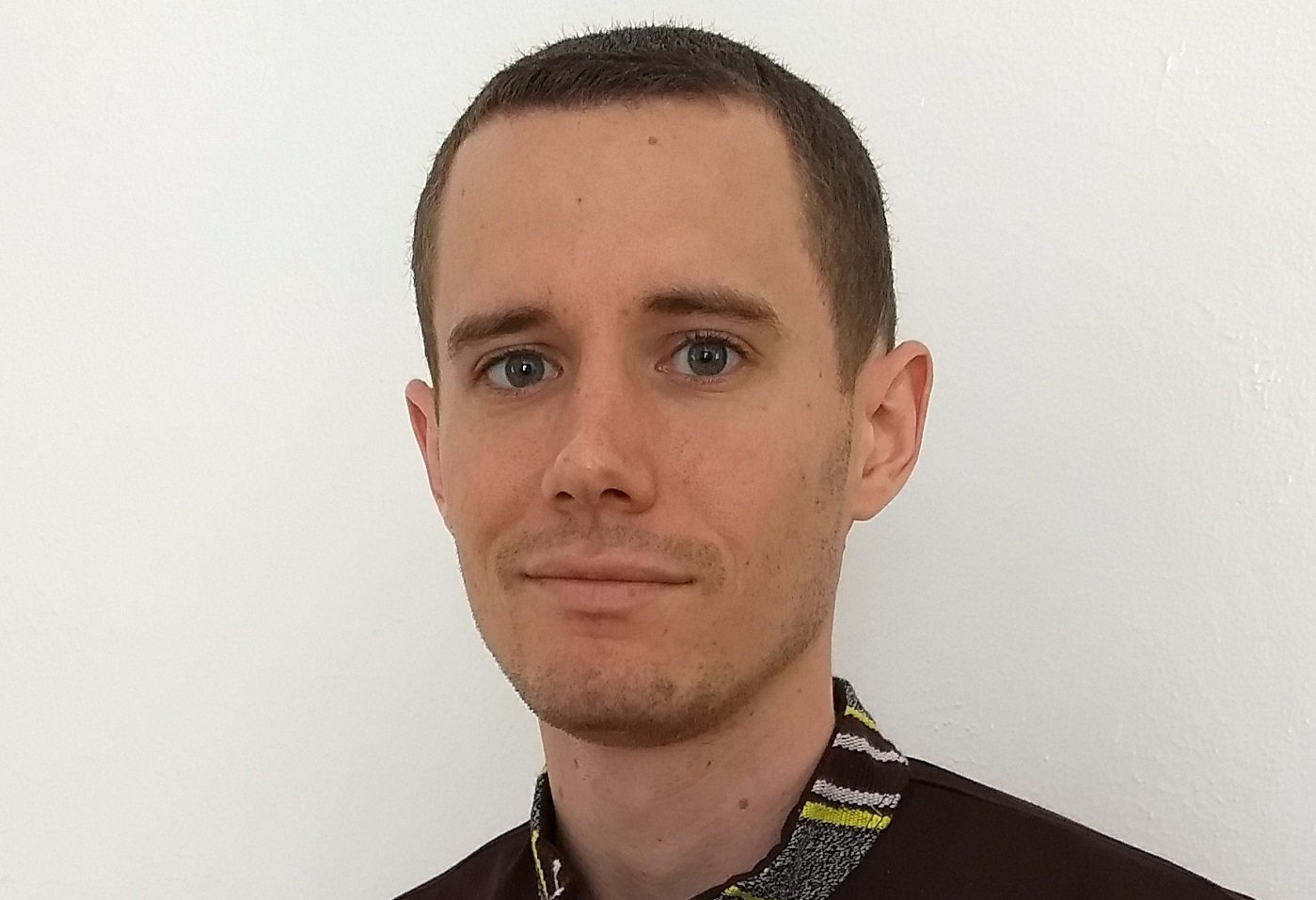Introducing the 2013 CHASS Academic Support Center
CHASS students who have questions concerning anything from how to use Mypack, to registration procedures, GEP requirements, minors, and classroom locations have four additional consultants this year: The 2013 CHASS Academic Support Center’s student advisers.
While Caldwell Lounge’s CHASS Academic Support Center (ASC) is not a replacement for students’ departmental advisers, it is an indispensable resource for undergraduates.

The ASC “was created because we felt there would be value in additional advising support on a daily, walk-in basis,” explains Dara Leeder, director of student recruitment and retention. “Students cannot always locate their assigned academic adviser on a given day, or may be asked to make an appointment. For a quick question about academic policies, deadlines, or campus resources, it is easier to ask one of the available advisers. The ASC advisers are also beneficial if a student wishes to have an in-depth conversation about degree audit planning, career goals, or academic success.”
Four CHASS graduate students serve as advisers at the support center. Jonathan Inscoe, Jessica Loehman, Susan Mwarabu, and Rose Wilson combine forces to form the third cohort of ASC advisers. They also serve the college as academic workshop coordinators, Pack Promise Scholar coaches, and teaching assistants for the Introduction to Humanities & Social Sciences course.
All four ASC advisers have backgrounds in the humanities and social sciences — and wish they had a similar resource during their undergraduate careers. And as students themselves, the ASC advisers readily identify with their advisees.
“The fact that we are students is a huge deal for those who have stopped by,” says Susan Mwarabu. “We have experienced the same successes and failures.”
Jonathan Inscoe (English, ’12) was involved with the university in myriad ways during his undergraduate career, including as a member of the Arts Village and as a resident adviser. Now in his second year of study in the linguistics graduate program, he looks back on his undergrad years, “knowing that there are so many resources available to students and that there are certain courses and professors that I really enjoyed, but would have taken advantage of sooner had I known about them. … One of the great things about being an adviser is that the college has such outstanding professors and programs, and I get to say, ‘Look at what we have!’ and share my excitement and experiences.”

Mwarabu shares that excitement and adds that if she had had a similar advising center at her disposal, she would have finished up her degree much more quickly. Serving a second year with the ASC, Mwarabu feels like an amalgamation of “adviser, index, and glossary to the college.” Familiar with policies and resources, she leads students to discuss their ultimate goals and understand how their individual learning styles and preferences will impact their academic success. She encourages students to think critically when planning, and poses such questions as, “Are you the kind of person who would wake up and be excited for an 8:00 a.m. math class, or do you need something to wake you up first?”

These kinds of casual yet salient questions are just what the ASC is there for. “The advisers’ primary responsibility is to offer individualized, personalized attention to students,” says Leeder. “The ASC has been successful in providing supplemental advising, and reinforces our college’s reputation as a supportive community focused on student success.”
The Academic Support Center staff are available for students to drop in from 9:00 a.m. to 4:00 p.m. Mondays through Thursdays, and 9:00 a.m. to 2:30 p.m. on Fridays in Caldwell Lounge.
“A lot of students may wonder why we are sitting in Caldwell Lounge,” says Rose Wilson. “If I could say one thing it would be to come see us. No question is inconsequential, and you’re not alone or isolated on your academic journey.”
By Alyssa Putt, CHASS Communication Intern
- Categories:


